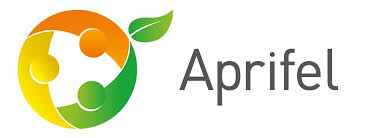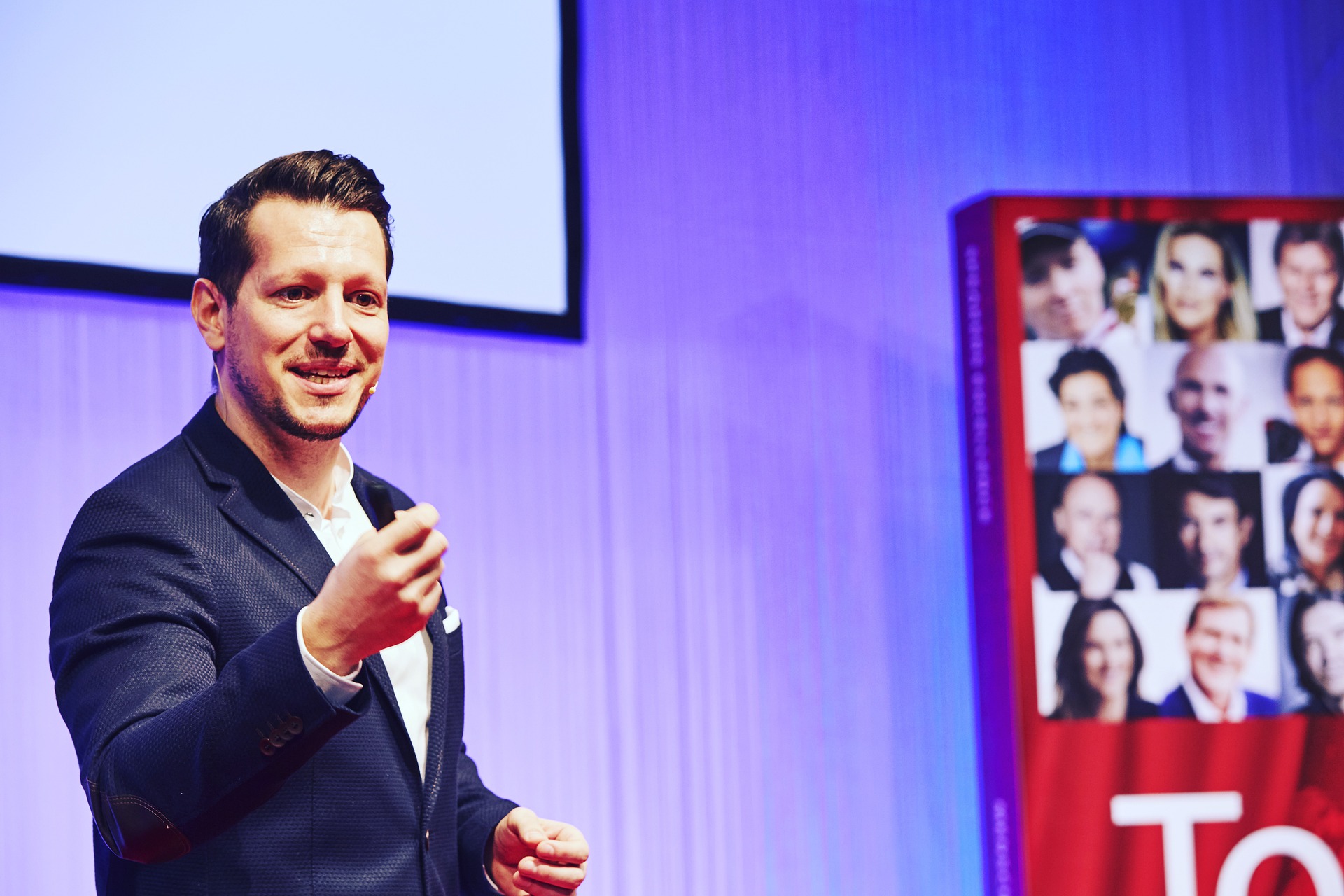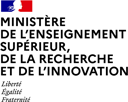
Moderator: Delphine Taillez, Aprifel, France
The objectives of the workshop are to
- discuss the determinants of accurate and efficient dissemination and appropriation of scientific information by the society
- identify solutions to popularize scientific knowledge, with the example of a healthy and sustainable diet with fruit and vegetables
Workshop description:
Diets are at the heart of sustainability challenges facing society: human, economic and, environmental health and the planet. Fruits and vegetables are very important in the daily diet and, benefit from a positive image as well as a high level of confidence from the population. However, complex issues governing science, technology and innovations for ensuring their sustainability related to issues: climate change, plant genetics / genomics, production and supply chain management, biological and chemical contaminants and safety. need to be comprehensively addressed to maintain society’s confidence in the quality of fruits and vegetables available for human consumption.
Many of these topics currently face strong resistance and the controversies generated hinder startegic intervention and action. The scientific community has a key role to play in providing clear and factual information on these subjects. How to reconcile the rhythm of science with the instantaneity of information, politics and media? What place for factual knowledge in the face of opinions in a world where scientific culture is less respected / valued than in the past?
Scientist, journalists, media experts will share their experience at the workshop
Workshop speakers :
- LUKAS BERTSCHINGER : Müller-Thurgau Foundation (Switzerland /plant scientist, Foundation Chair): horticultural food systems transformation, tangible progress in sustainability.
- KARAMAKO DIARRA UCAD (Senegal / biological control): societal acceptance (farmers and citizens ) of biological controls in Africa
- THIBAUD MARTIN CIRAD (France / entomologist-biological control) : dissemination of innovation
- YAMANE HISAYO (genetics), University ok Kyoto
COMMUNICATION/INFORMATION/MEDIA
- SUSANNA CARTMELL Director, WrenMedia (video)
- MARIE FILLON APRIFEL (France / science journalist): from institutional public organizations to Aprifel, best practices to edit a scientist knowledge
- JUDITH FRANCIS, Independent, Advisor, Science, Technology and Innovation, Trinidad and Tobago (formerly CTA, Wageningen, The Netherlands) : success story bridging the scientist-society-policy knowledge divide (video)
Each speaker should have 8 -10 minutes
Each scientific expert will answer these 4 questions:
1- what is (are) your area of expertise? and how has your expertise contributed to technological advances or innovation? (with examples)
2- to which audiences have you disseminated these advances? and how have you informed them?
3- what were the key success factors and what were the obstacles you encountered and why? lack of knowledge?
4- What are your recommendations to better inform the targeted audiences?
Each media – information expert will answer these 4 questions :
1- Can you introduce us to your role and the audience you work with?
2- Can you tell us an anecdote about a meeting with an expert
3- what techniques do you use to talk about expertise? and are the new media allies or enemies?
4- What recommendations would you make to scientists present today to improve the interface between science and society for enhancing confidence in the food system; specifically the economic, nutritional and environmental value of consuming fruits and vegetables and vegetables?








